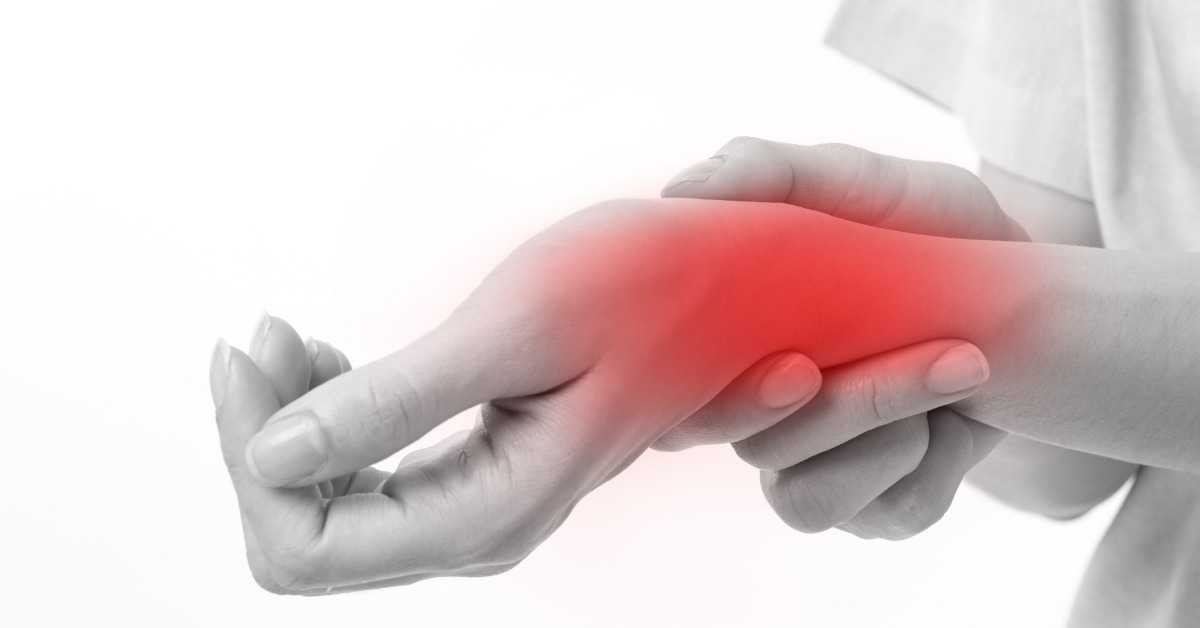You don’t want another gout flare-up after the first one. It’s critical to identify the triggers of your symptoms so that you can prevent them.
The common suspects are listed below as the Foods that cause Gout, along with all other things which you need to do.
What is the gout diet?
High uric acid levels in your blood are what causes gout. The extra uric acid crystallizes into sharp particles that lodge in your joints and inflame and hurt them.
But by keeping a low-purine diet, you can aid in lowering the level of uric acid in your body. Lowering uric acid levels can aid in preventing the growth of fresh crystals, hence minimizing gout attacks.
What is a low-purine diet?
Chemicals called purines occur naturally in some foods and beverages. Uric acid results from the breakdown of these substances by your body.
A low-purine diet eliminates the foods and beverages with the highest purine concentration to lower uric acid. Additionally, it promotes a few particular meals that may help your body produce less uric acid.
Who can benefit from a low-purine diet?
Reducing high-purine meals can help anyone with hyperuricemia or high blood uric acid levels. In those with hyperuricemia who have not yet acquired gout, this may assist in preventing the condition.
It might also stop the progression of current gout and other hyperuricemia-related problems, like kidney stones.
Click here to consult online with the Best Doctors for Gout in Pakistan via the Marham app.
Foods that Cause Gout


Gout was referred to as the “rich man’s sickness” in the Middle Ages because it was associated with “game meats,” including specialties like goose, veal, and venison.
Some foods can increase your body’s uric acid levels, which causes gout. You might prevent another flare if you can keep them under control by avoiding these:
1. Red meat and seafood:
Foods like fish, shellfish, and organ meats like liver and sweetbreads can contain large amounts of purine-containing compounds. Your uric acid level rises due to your body breaking them down.
Organ meats, such as liver, tripe sweetbreads, brains, and kidneys, are among them. Certain seafood includes haddock, herring, scallops, mussels, cod, tuna, and trout. Sauces with gravy and meat are also dangerous.
Red meats, such as bacon, lamb, and cattle. Lastly, turkey, while being thinner, this meat is heavy in purines. Avoid processed deli turkey at all costs.
2. Sweetened drinks:
High-fructose corn syrup and other fruit sugar-flavored sodas and juices have been known to cause gout flare-ups. Use flavored water or Diet Coke as a sweet option that won’t increase your risk of an attack.
Always remember to hydrate yourself well. At least half of your daily water intake, or at least eight glasses, should be water.
3. Alcohol:
You are more prone to get gout if you consume alcohol, particularly beer. Although you don’t have to give up cocktail hour forever, reducing your alcohol consumption is your best option. Your doctor can advise you on how much is appropriate.
4. Foods with Fructose
A concentrated type of fructose is high fructose corn syrup. High fructose corn syrup can be found in various packaged foods that you might not often expect if you start reading labels.
5. Dairy
Choose low-fat dairy products like skim milk, cheese, and yogurt as an alternative if you want protein. You can eat more soy, beans, and other plant-based protein sources.
Other Things to Avoid to Prevent Gout:
Additionally, certain medications, medical conditions, and way of life choices might cause gout.
1. Medications
Gout can be brought on by aspirin, some diuretics used to treat high blood pressure (and other disorders), and medications used to treat organ transplant recipients.
Discuss all of your prescription medications with your doctor following a flare-up. They ought to be able to locate another choice if necessary.
2. Being Overweight
You can defend yourself from another flare by losing weight.
3. Fasting or crash diets
You run the risk of having an attack if you lose weight too quickly.
4. High blood pressure, kidney disease, diabetes, and heart disease
You are more prone to get gout if you have one of these medical disorders, especially if you don’t seek treatment. Work with your doctor to maintain control over them.
5. Injuries or Surgery
You are more prone to experience a flare-up when your body is under stress or is ill. You can’t always avoid this trigger, of course. However, if you require surgery, ensure your doctor is aware of your history of gout.
What are the best foods to eat when you have gout?
While specific foods won’t cure gout, research shows that several meals and beverages may assist lower uric acid levels in the body. For instance:
Milk:
Early studies indicate skim milk may help lower uric acid levels and gout flare-ups. It also lessens your body’s inflammatory response to uric acid crystals in your joints. It speeds up the excretion of uric acid in your urine.
Strawberries:
Scientists are now studying the benefits of cherries and cherry juice for treating gout symptoms, and preliminary findings are encouraging. Cherries are considered to be anti-inflammatory foods, and they may also help your body produce less uric acid.
Coffee:
You may have heard that coffee contains an acid, but this acid is not the same as uric acid. In actuality, there are multiple ways that regular coffee consumption might lower uric acid levels. It quickens the excretion rate while slowing the conversion of purine to uric acid.
Water:
Five to eight glasses of water daily are recommended for those who want to reduce their risk of developing gout symptoms. Given that your kidneys employ water to eliminate uric acid in your urine, this makes logical. Water is beneficial to renal health as well. One factor that might cause gout is impaired renal function.
Gout Dietary Recommendations from Professionals:
However, rather than focusing on specific meals, many healthcare professionals prefer to emphasize overall dietary recommendations. They advise you to:
- Change up your protein sources.
- Even while some meats and seafood have higher uric acid content than others, you should be fine if you eat a variety and avoid the worst offenders mentioned above.
- Enjoy your fruit and vegetable intake. The majority are low in purines; however, even those that are haven’t been proven to impact gout symptoms.
- The advantages are also worthwhile. Enjoy grains, excluding oats. Cereals, bread, rice, and pasta are gout-friendly (except oats).
- To help control blood sugar, avoid packaged foods with high fructose corn syrup and go for whole grains (at least half the time).
Tips to Keep Track of Your Gout Triggers:
Each person has different gout triggers. Some people have no issues eating a steak or having the odd beer. Others can’t take a bite or a drink without getting upset. Therefore, you must identify your triggers. For a while, keep a food journal.
Doing so lets you investigate later whether you can connect certain foods to flare-ups. You’ll then be aware of what you should avoid. Here are some other things you may do to maintain your health and stop flare-ups in addition to avoiding triggers:
- Visit your physician frequently. Over time, you might need to change the dosage of your gout medication.
- For flare-ups, always keep medication on hand. The sooner you start taking it, the sooner the symptoms will be under control.
- Consume a heart-healthy diet rich in fruits, vegetables, whole grains, low-fat dairy products, and plant proteins (like beans and nuts). Eat less processed food (like white bread, cakes, and candy).
- Exercise frequently.
Click here to consult online with the Best Doctors for Gout in Pakistan via the Marham app.
FAQs
Do any foods cause gout?
Foods and beverages that frequently cause gout episodes include alcohol, organ meats, game meats, some varieties of seafood, fruit juice, and sugary sodas. Conversely, by lowering uric acid levels, fruits, vegetables, whole grains, soy products, and low-fat dairy products may help avoid gout attacks.
What foods get rid of gout?
Tart cherry juice, the most widely used gout treatment, may help lower uric acid levels and lessen gout symptoms. 3 Vitamin C-rich foods can also reduce the likelihood of a gout flare-up. Oranges, grapefruit, strawberries, tomatoes, spinach, and kale are foods high in vitamin C.
What causes gout flare-ups?
When urate crystals build up in a joint, it results in gout, characterized by joint inflammation and excruciating pain. When uric acid levels in the blood are high, urinate crystals might develop. Purines, which are chemicals that are naturally present in your body, are broken down in your body to form uric acid.

